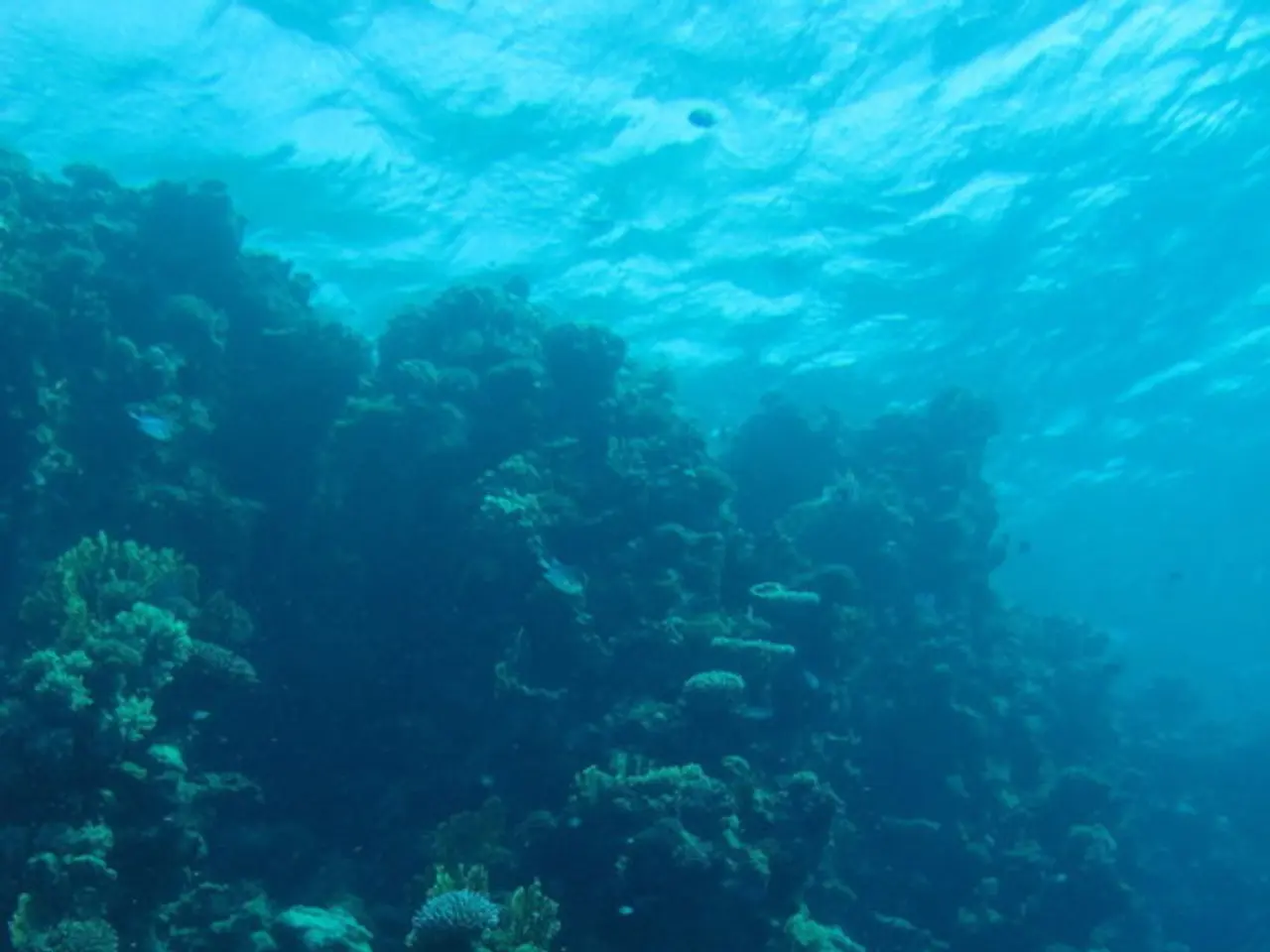Foundation Awards UC San Diego Almost a Million Dollars to Further Understand Microbial Life in Oceans
The Gordon and Betty Moore Foundation's Marine Microbiology Initiative, launched in 2004, is a pioneering effort to advance our understanding of the ecology of marine microbes and their critical influence on primary ocean functions such as the food chain dynamics and the carbon cycle.
Led by distinguished professor Farooq Azam at UC San Diego, the initiative aims to uncover the complex ecological networks of marine microbes, their metabolic processes, and the principles that govern the interactions among microbes and influence the microbially mediated nutrient flow in the marine environment.
Azam's research, funded by the Marine Microbiology Initiative, focuses on understanding the microscopic behaviors and interactions of marine microbes, particularly the impact of marine bacteria consuming cellular debris from dying phytoplankton on the marine carbon cycle. By doing so, the research seeks to predict the state of the future ocean and understand how the role of marine microbes might respond to climate change.
The initiative also aims to gain a comprehensive understanding of marine microbial communities at the genetic, compositional, and functional levels. Identifying the compositions and functions of marine microbes can help shed light on the effects of climate warming and increased ocean acidity.
Marine microbes, including single-celled organisms and viruses, drive many of the chemical reactions that control the ocean's carbon cycle and transfer of carbon dioxide. Upon death, some phytoplankton cell debris is released into the sea, which marine bacteria consume and respire, releasing carbon dioxide back into the atmosphere. By understanding these processes, the initiative hopes to discover how the recycling of carbon is regulated at the microscopic and molecular scales to understand the ocean's ability to store carbon.
The Marine Microbiology Initiative supports current or emerging leaders in the field through various funding mechanisms, including investigator awards, multidisciplinary team research projects, community resource projects, and efforts to develop new instrumentation, tools, and technology.
Phytoplankton account for the "fixation" of as much CO into new cellular organic material as all terrestrial plants combined. Marine microbes play a significant role in the ocean's food chain and carbon cycle, and their study could have substantial gains and may also apply to other systems, including the ecology of the human microbiome.
Established in 2000, the Gordon and Betty Moore Foundation has been instrumental in funding research that seeks to clarify how marine microscopic organisms regulate vital biogeochemical cycles that influence global climate and marine ecosystem health. The Marine Microbiology Initiative is a testament to this commitment.
[1] Source: https://www.nature.com/articles/nature10291 [3] Source: https://www.nature.com/articles/nature10291
- The research, focusing on marine microbes and their impact on the carbon cycle, is part of the Gordon and Betty Moore Foundation's Marie Microbiology Initiative, which launched in 2004.
- Led by Professor Farooq Azam at UC San Diego, the initiative aims to shed light on the complex ecological networks of marine microbes, their metabolic processes, and their role in influencing nutrient flow in the marine environment.
- Azam's research, supported by the initiative, investigates the consumption of cellular debris from dying phytoplankton by marine bacteria and its effect on the marine carbon cycle.
- The initiative seeks to predict the state of future oceans and understand how marine microbes might respond to climate change by studying their microscopic behaviors and interactions.
- Identifying the compositions and functions of marine microbes can help in understanding the effects of climate warming and increased ocean acidity.
- The Marine Microbiology Initiative supports current and emerging leaders in the field through various funding mechanisms, including investigator awards, multidisciplinary team research projects, and efforts to develop new instrumentation, tools, and technology.
- Phytoplankton, fixed as much CO₂ into new cellular organic material as all terrestrial plants combined, and marine microbes play a significant role in the ocean's food chain and carbon cycle, which could have substantial impacts on other systems, such as the human microbiome.
- Established in 2000, the Gordon and Betty Moore Foundation has been instrumental in funding research that seeks to clarify how marine microscopic organisms regulate vital biogeochemical cycles that influence global climate and marine ecosystem health, as demonstrated by the Marine Microbiology Initiative.




